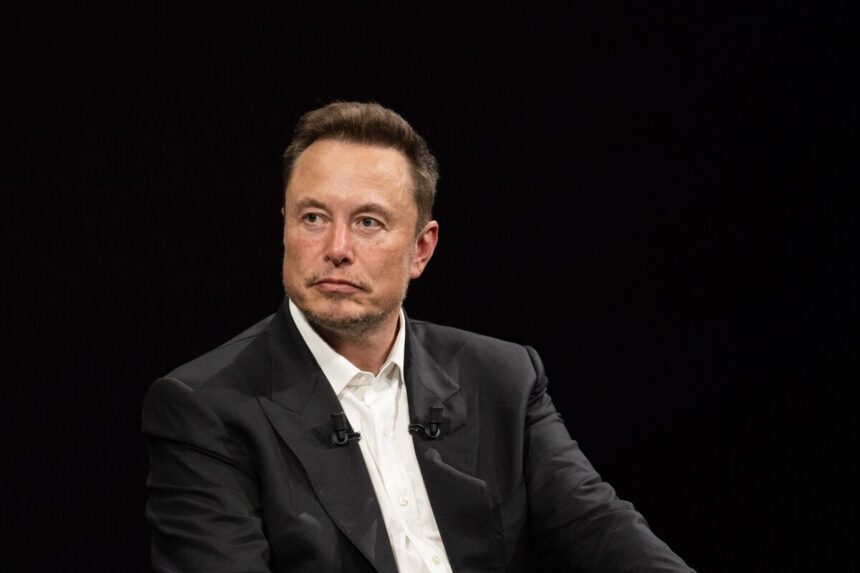Tesla Inc. investors have re-approved CEO Elon Musk’s massive compensation package, demonstrating confidence in his leadership despite recent challenges. The proposal to ratify stock options worth up to $56 billion received around 72% of votes, just shy of the initial support in 2018. This vote, while advisory, shows strong backing for Musk amidst a sales slump and declining stock price.
Background on the Compensation Package
Musk’s compensation package was voided by a Delaware judge in January due to conflicts of interest and inadequate disclosure of terms. Tesla plans to appeal this decision. Moving the company’s legal home to Texas may offer a strategic advantage, as Texas courts might be more favourable in reviving the pay package.
Shareholder Sentiment
The vote reflects investor confidence in Musk’s leadership despite concerns over his management style and corporate governance. Musk, who manages six companies, has made abrupt strategic shifts, including significant layoffs and subsequent rehiring at Tesla. Despite these moves, shareholders remain supportive, as indicated by the re-election of board members James Murdoch and Kimbal Musk.
Musk’s Vision for Tesla
At Tesla’s Austin headquarters, Musk, wearing a black Cybertruck t-shirt, energised the crowd by hinting at new models and highlighting the growth of the Supercharger network and production of Semi trucks. He also addressed the success of the Cybertruck, countering earlier scepticism about its viability.
Financial and Legal Implications
Musk’s compensation consists largely of stock options, which he cannot sell for five years. This structure aligns his interests with long-term company performance. Some investors worry Musk might leave Tesla if the pay package isn’t approved, as he has hinted at developing products outside the company if he doesn’t achieve a 25% equity stake. Currently, Musk owns about 13% of Tesla shares, with potential to increase to 21% if he exercises his options.
Regulatory and Legal Considerations
The move to Texas and the shareholder vote are strategic steps amidst legal challenges. Major investors, including Norway’s sovereign wealth fund and California Public Employees’ Retirement System, opposed the compensation measure. Delaware Chancery Court Judge Kathaleen St. Jude McCormick’s decision to void the pay package was based on conflicts of interest and improper disclosure. The second shareholder vote might bolster Tesla’s appeal chances.
Future Steps
Tesla has officially moved its incorporation to Texas, as confirmed by a press release and the Texas Secretary of State website. Corporate governance experts suggest that Texas courts will honour Delaware’s decision, requiring substantial changes to Musk’s compensation plan and another shareholder vote. Future legal challenges could arise in Texas, which is still developing its business courts.
Conclusion
Tesla shareholders’ re-approval of Musk’s compensation package underscores their confidence in his leadership despite significant challenges. The move to Texas and continued legal battles highlight the complexities of corporate governance and executive compensation at one of the world’s leading electric vehicle manufacturers.








